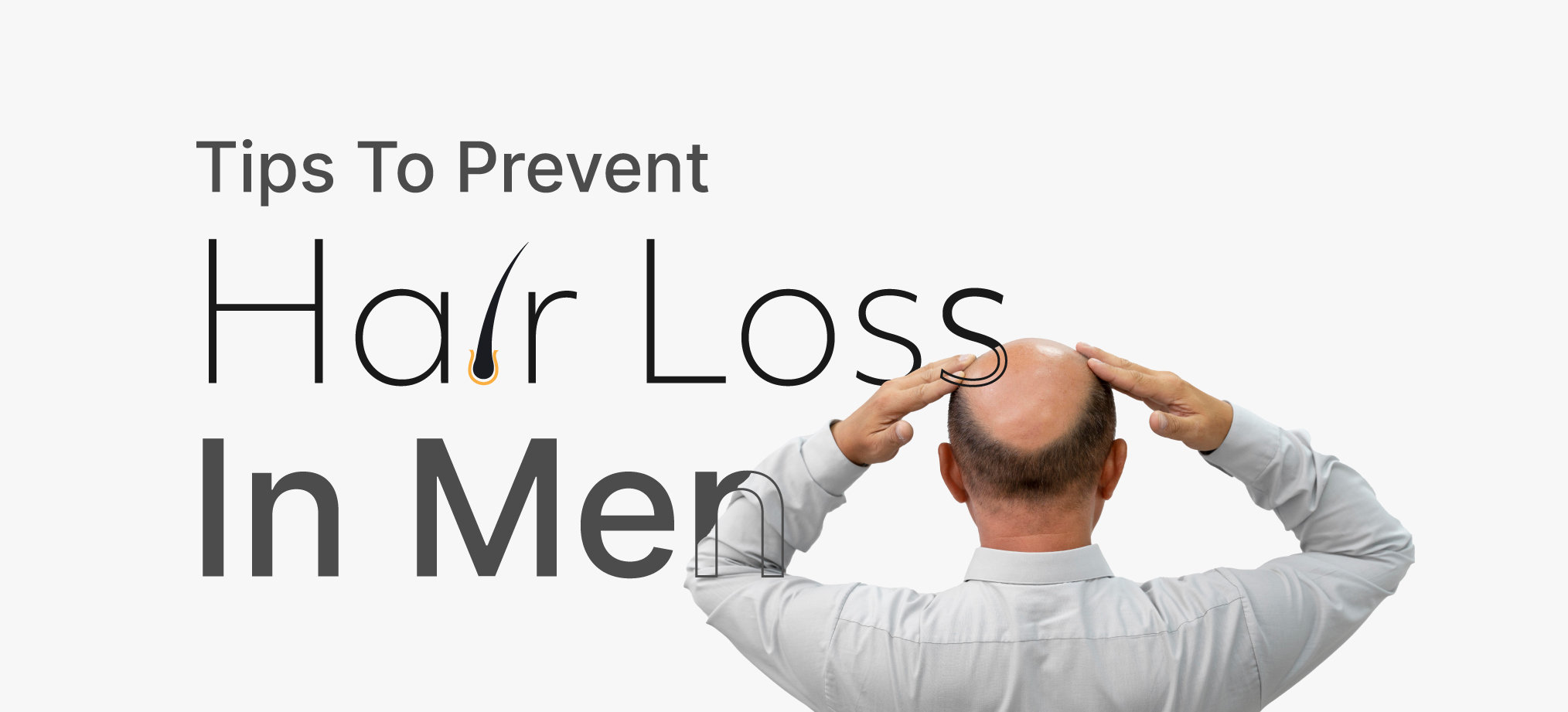- Home
- Blog
- Men's Grooming
Are Societal Expectations Deteriorating The Mental Health Of Men?
Men's Grooming
Are Societal Expectations Deteriorating The Mental Health Of Men?
By - 30 January 2023, Updated on -23 July 2023
Share this article
0
2 likes

Mental health has become one of the most talked-about issues in today’s age. This had made a positive impact on people as it encourages them to speak up and seek help. However, even though the stigma surrounding mental health is becoming less prominent each day, people, more commonly men, are still hesitant to admit that they are suffering or require help. According to research, the rate of male suicide worldwide is two to four times that of female suicide. Are the traditional gender roles and societal expectations responsible for this silent crisis in men? Read on to find out.
Major Factors Affecting Mental Health in Men
It’s an extremely common and widespread misconception that the mental health of men and women can be explained and measured based on the same factors. However, this cannot be farther from the truth. There are several gender differences, which when taken into consideration, can show the significant dissimilarities between the symptomatology of men and women. While women have higher rates of internalising disorders like anxiety and depression, men are more prone to externalising troubles like substance abuse, aggressive behaviour, ADHD, and oppositional defiant disorder.
Dr Bharghav Sirivelu, a psychiatrist associated with Apollo 24|7, states that, “society's expectations and traditional gender roles play a significant role in why men are less likely to share or ask for help for their mental health problems. The major reasons is that the expressions of distress have been stigmatised. Admitting that you are suffering from psychological issues can lead to threatened sense of self, fear of rejection and emasculation, and fear of losing reputation. Studies done all over the world emphasise that many men think that seeking help is a symbol of weakness. This is a serious issue that might lead to devastating psychological distress, if not addressed.”
Several factors play a key role in men’s mental health. The major ones include:
1. Employment Issues
When it comes to men’s mental health, employment issues play a major role. According to research, employment can serve as a chronic stressor for men. Numerous studies show that unemployment can have more effect on the mental health of men as compared to women.
2. Family Life
Family provides men with significant meaning and purpose. There is evidence of the fact that romantic breakups and divorce significantly increase the risk of suicide and mental illness in both men and women.
3. Childhood Experiences
According to several studies, childhood experience can play a major role in shaping the mental health of both men and women. Men who go through adverse childhood experiences can suffer from short- and long-term psychological consequences.
How do Societal Expectations Associated with Masculinity Affect Men's Mental Health?
From the day they are born, men and women are taught to think, emote, and act differently based on their gender. These traditional gender roles and the expectations that come with them date back to the times of industrialisation when men were the ones responsible for doing work that resulted in economic privilege and power. The dominant aspects of masculinity encourage men to be competitive, assertive, and independent. However, the stress caused by the societal expectations for men to always be the breadwinners or the feeling of emasculation that comes from not being able to fulfil this role can have drastic negative effects on the mental health of men.
The way men are raised makes them less likely to be empathetic towards their intimate partners or prevents them from being emotionally dependent on them. Researchers believe that while this can protect men against depression, it can also lead to various externalising problems like aggression. Societal masculine expectations often force men to put up a strong front at all times, preventing them from showing any weakness or vulnerability. This makes men less likely to solve emotional problems, discuss sensitive issues, seek help, or express troubles.
In addition to all this, men are also expected to hide any emotion that could be seen as weak or effeminate, such as showing care, sensitivity, nurturance, and communicativeness. Due to the fear of stigma, men refrain from opening up about experiencing any symptoms of anxiety or depression.
As per Dr Bharghav Sirivelu, ”Breaking down gender stereotypes is crucial to free both men and women from their destructive psychological distress. Discarding damaging gender expectations and accepting a full range of human behaviours as appropriate for both men and women would allow each person to discover their authentic self and develop ways for expressing and processing their emotions.”
All in all, societal expectations regarding how men should behave to protect their image of masculinity have been fuelling the fire of the growing mental health crises in them globally. Not only do these societal expectations give birth to a myriad of mental health issues in men but they also make it harder to diagnose said problems. It’s time that society stops gender bias and creates a safe space for men to open up about their mental health issues. Moreover, if you need professional help,
Medically reviewed by Dr Sonia Bhatt.
Services
Men's Grooming
Leave Comment
Services
Recommended for you

Men's Grooming
Hair Loss In Men: Can Drinking Sugary Beverages Be Blamed?
Drinking sugary beverages may increase the risk of male pattern baldness. Maintaining a healthy lifestyle that involves limiting the consumption of sugary drinks to a maximum of two servings per day effectively reduces the risk of hair loss in men.

Men's Grooming
Stress Can Cause Erectile Dysfunction! Know The Association
Stress and anxiety can have a big impact on how your body functions and reacts to different stimuli. Research shows stress can even lead to erectile dysfunction. Read on to know more.

Men's Grooming
International Men's Day 2022: 7 Health Issues Commonly Detected In Men
Men aged above 50 years need to particularly adopt preventive measures for overall fitness and reduce the impact of common issues like diabetes and heart disease.
Subscribe
Sign up for our free Health Library Daily Newsletter
Get doctor-approved health tips, news, and more.

